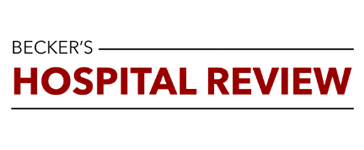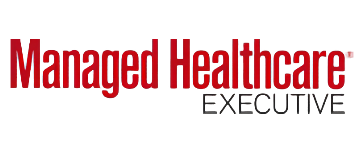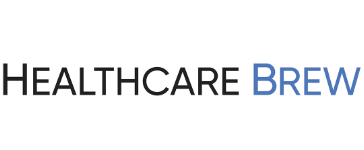The health care industry faces an alarming statistic: the supply chain accounts for up to 40% of a hospital’s total operating costs, yet only 17% of products are distributed through a consolidated model. This inefficiency stems from the lack of standardization in product selection, which results in higher acquisition expenses, excess inventory storage, and challenges in locating specific items. Furthermore, the absence of a consolidated distribution model compromises the control over product quality and places patient health at risk.
In the ever-evolving landscape of health care, where innovation is key to improved patient outcomes and operational efficiency, the intricacies of supply chain management often go unnoticed. However, the impact of a well-designed supply chain cannot be understated. The health care industry, like many others, faces the challenge of balancing an expansive range of products and options with the need for cost-effectiveness and quality assurance. This dilemma has sparked interest in adopting a ‘Costco model’ for health care supply chains, a concept that prioritizes centralized distribution, limited yet high-value product selection, and optimal procurement practices.

In an article with MedCity News, Dan Hurry, president of Advantus Health Partners, shares how hospitals and health systems can more effectively reach their goals for expense reduction while driving substantial improvements for patients and team members.
Overcoming the Paradox of Choice
Variety, while often seen as beneficial in consumer markets, can become a hindrance within health care supply chain. As demonstrated by the many variations of disposable medical gloves available in the United States, having too many options can lead to confusion, inefficiency, and increased costs.
The Costco model’s central principle is to offer a curated selection of products from reputable manufacturers who stand behind the quality of their offerings. By eliminating excessive options and focusing on proven brands, not only are costs reduced, but the quality of care is also enhanced. Just as Costco’s limited but high-quality selection appeals to its customers, health care providers can benefit from the assurance that they are using dependable products.
Lessons from Costco: Quality Over Quantity
Costco, renowned for its unique approach to retail, exemplifies the benefits of focusing on quality over quantity. With a restricted inventory of products compared to traditional supercenters, Costco has managed to cultivate strong vendor relationships, reduce operational costs, and provide significant value to its customers. This approach aligns seamlessly with the needs of health care supply chains, where optimized vendor relationships, cost containment, and product quality are paramount.
Efficiency, Assurance, and Streamlined Logistics
A successful health care supply chain not only ensures cost-effectiveness but also guarantees timely delivery, optimal stock levels, and dependable quality. Just as Costco’s logistical efficiency is underpinned by its selective product offerings, the health care industry can benefit from a similar strategy.
Implementing the ‘Costco model’ in health care supply chains could lead to a cascade of positive effects. Procurement processes would become more strategic, hospital operations more cost-efficient, and patient care more consistent in quality.
Get Started Today
We welcome the opportunity to hear about your challenges and initiatives to explore how we can help your hospitals or health system reimagine your supply chain, by completing the Contact Us Form.










